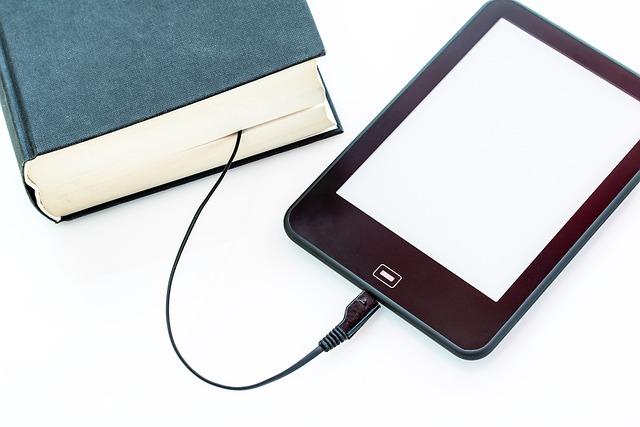The Landscape of eBook Copyright Laws in the EU
In recent years, the surge in eBook popularity has brought significant attention to copyright laws governing digital content across the European Union. Notably, the EU’s Copyright Directive (2019/790), effective as of June 2021, aims to harmonize copyright protections while addressing modern digital and cross-border environments. This legislation impacts how eBooks are distributed, shared, and accessed by consumers. The Directive introduces “portability regulation,” which allows consumers to access their online content, including eBooks, while temporarily in another EU country without additional charges or restrictions.
Under this framework, copyright in the digital realm is designed to benefit both the creators and the consumers. For instance, authors retain the exclusive rights to their works, but provisions such as fair use for educational purposes or text and data mining for research are clearer. These rights directly influence the accessibility of eBooks in educational settings and libraries across the EU, ensuring that users can access a wealth of knowledge while still protecting the creators’ intellectual properties
Tools and Technologies Impacting eBook Accessibility
With advancements in technology, reading and accessing eBooks have become more user-friendly and engaging. Applications like Kindle and Kobo have streamlined the reading experience with features that cater to diverse consumer needs. These platforms not only provide a vast library of digital books but also offer functionalities like adjustable text sizes, integrated dictionaries, and sync across devices which enhance usability for all readers, including those with visual impairments or other disabilities.
Furthermore, the rise of AI-driven applications such as Audible and Google Play Books enhances eBook interactivity and accessibility. These tools offer features like text-to-speech and customizable reading experiences, making books more accessible to people with different learning preferences. Additionally, innovations in DRM (Digital Rights Management) technologies ensure that copyright holders can protect their eBooks while offering flexibility for users to access content on multiple devices.
Consumer Rights and Responsibilities in eBook Usage
Purchasing an eBook does not imply ownership of the physical book, but rather a license to access the content under specific conditions set by the publisher. It is crucial for consumers to be aware of these terms, as they can vary significantly between different platforms and publishers. For instance, some eBooks come with DRM protections that limit copying, printing, or sharing of the eBook. Consumers should be mindful of these restrictions to avoid legal issues. Furthermore, the right of withdrawal from digital content purchases is another critical aspect under EU law, where consumers can withdraw from a purchase within fourteen days, provided they have not yet started downloading or streaming the eBook. Organizations like the European Consumer Centre Network (ECC-Net) help consumers understand and exercise their rights in the digital marketplace. They offer guidance and support in resolving disputes related to eBook purchases, ensuring that consumer rights are upheld across the EU.
Key Regulatory Bodies and Their Role in eBook Copyright Enforcement
The enforcement and regulation of eBook copyrights in the European Union involve several key bodies working collectively to protect creators’ rights and ensure fair use for consumers. These organizations play pivotal roles in maintaining the balance between copyright ownership and public access to digital content:
- European Intellectual Property Office (EUIPO): Primarily responsible for managing EU trademarks and registered community designs, the EUIPO also plays a significant role in the fight against copyright infringement in digital content, including eBooks. They offer resources and guidance for copyright registration, helping authors and publishers secure their works effectively.
- European Union Intellectual Property Network (EUIPN): This network includes various national and regional intellectual property offices across the EU. It aims to harmonize and streamline IP practices, making it easier for copyright holders to protect their works across different jurisdictions within the EU.
- Office for Harmonization in the Internal Market (OHIM): Specializing in trademarks and design registration within the EU, OHIM also provides oversight and enforcement in cases of copyright disputes related to design elements of eBooks, such as covers and illustrations, which are crucial aspects of eBook marketing and consumer appeal.
These entities not only enforce the laws but also educate publishers, authors, and the public about the importance of copyright in the digital age. Their ongoing efforts ensure that the digital marketplace remains both vibrant and fair, allowing creative content to flourish while protecting the rights of those who create it. This regulatory framework helps establish a secure environment where both creators’ rights and consumers’ access are safeguarded, encouraging continued innovation and growth in the eBook industry.




